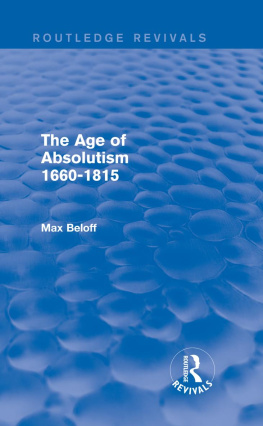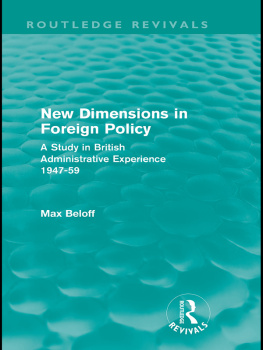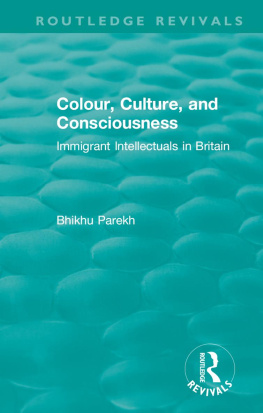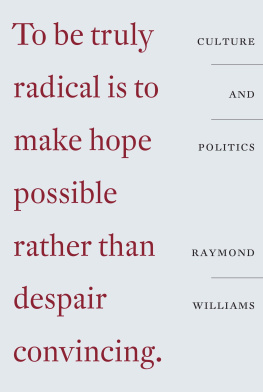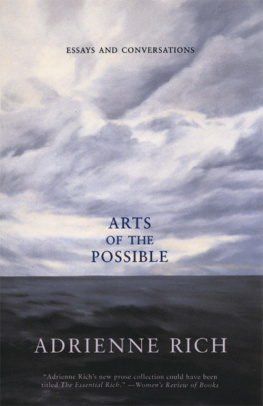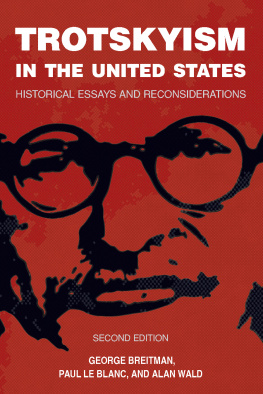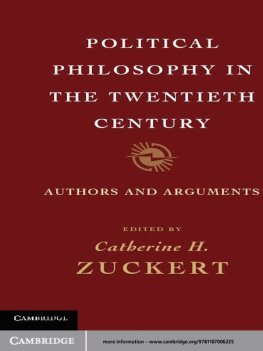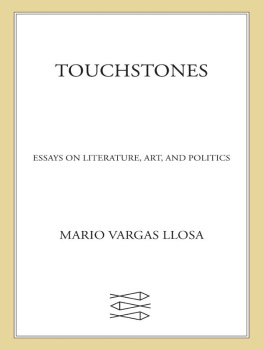Routledge Revivals
The Great Powers
This re-issued work, first published in 1959, is a collection of essays by British historian Max Beloff, designed to help us to understand and interpret the political problems of the twentieth century. The essays are divided into three key areas: the challenges and limitations of interpretation from a historians perspective, the appropriate scale for political activity and organisation in the modern world, and the emergence of the United States of America as the most powerful nation on the planet.
The Great Powers
Essays in Twentieth Century Politics
Max Beloff
First published in 1959
by George Allen & Unwin Ltd
Simultaneously published in the USA and Canada
by Routledge
270 Madison Avenue, New York, NY 10016
Routledge is an imprint of the Taylor & Francis Group, an informa business
This edition published in the Taylor & Francis e-Library, 2009.
To purchase your own copy of this or any of Taylor & Francis or Routledges collection of thousands of eBooks please go to www.eBookstore.tandf.co.uk.
1959 George Allen & Unwin Ltd
All rights reserved. No part of this book may be reprinted or reproduced or utilised in any form or by any electronic, mechanical, or other means, now known or hereafter invented, including photocopying and recording, or in any information storage or retrieval system, without permission in writing from the publishers.
Publishers Note
The publisher has gone to great lengths to ensure the quality of this reprint but points out that some imperfections in the original copies may be apparent.
Disclaimer
The publisher has made every effort to trace copyright holders and welcomes correspondence from those they have been unable to contact.
ISBN 0-203-87128-6 Master e-book ISBN
ISBN 13:978-0-415-55284-4 (hbk)
ISBN 13:978-0-203-87128-7 (ebk)
ISBN 10:0-415-55284-2 (hbk)
ISBN 10:0-203-87128-6 (ebk)
The Great Powers
The Great Powers
ESSAYS IN TWENTIETH CENTURY POLITICS
MAX BELOFF
Ruskin House
GEORGE ALLEN & UNWIN LTD
MUSEUM STREET LONDON
FIRST PUBLISHED IN 1959
This edition published in the Taylor & Francis e-Library, 2009.
To purchase your own copy of this or any of Taylor & Francis or Routledges collection of thousands of eBooks please go to www.eBookstore.tandf.co.uk.
This book is copyright under the Berne Convention. Apart fromany fair dealing for the purpose of private study, research, criticism or review, as permitted under the Copyright Act, 1956, noportion may be reproduced by any process without written permission. Inquiry should be made to the publisher.
George Allen and Unwin Ltd 1959
ISBN 0-203-87128-6 Master e-book ISBN
PREFACE
It is always considered necessary to provide a justification for reprinting occasional essays: as explained in the Introduction, the papers in the present volume are closely linked by theme, but they have been published in rather a large number of different books or journals, and in different countries, and are here brought together for the first time. The lecture on Theodore Roosevelt has not previously been published. In the case of the others, the sources and dates are given in the table of contents.
For permission to reprint, I am grateful to the following: Messrs Bowes & Bowes, .
I must also thank the Harvard University Press for permission to quote from The Letters of Theodore Roosevelt, and the Johns Hopkins University Press for permission to quote from Professor H.K.Beales book Theodore Roosevelt and the Rise of America to World Power. I must thank my Research Assistant at Nuffield College, Miss Yoma Crosfield, for making the Index.
The text of the essays is in every case reprinted unchanged, but I have made a number of cuts in the footnotes where particular references now seem unnecessary.
All Souls College M.B.
Oxford
May 1958
PART I
THE PROBLEM FOR HISTORIANS
1
Introduction
The essays collected in this volume represent three main themes which have occupied my own mind over the last decade, as they must have occupied the minds of many others whose concern it is to try to understand and interpret the political problems of our age. In the first place, there is the question of how far such interpretation is possible at all; how far does the training of an historian or a political scientist equip him to see any more clearly into his own times than the ordinary citizen who sees them by glimpses only in the course of his probably scanty leisure, or than the professional politician who is concerned with advocating or putting into effect particular solutions to particular problems, or than the administrator who is engaged in bringing order into some highly specialized field of activity? In the second place, there is the question of the appropriate scale for political activity and organization in the modern world, of the proper size of political units and of the forces which make for their integration or disintegration especially among free societies. Finally, there is the striking emergence on the world scene of the greatest single Power dedicated to political freedom, and the difficulty that it has found in applying its own democratic philosophy to the harsh world of international relations.
I have not included in the present collection any writings dealing directly with a theme of at least equal importance to these, namely the nature of the challenge presented to the whole of the rest of the world by the growth and spread of Soviet Communism. For this apparent omission three reasons will suffice. In the first place, although the principal writings of mine on the subject were written some time ago, Like Professor Kennan, I do not underestimate the gravity of the challenge nor the depth of Soviet hostility to our way of life; it is simply that on problems like the extent of integration in the Western world or like that of our relationship to non-Communist countries in Asia and Africa, there are decisions of moment in which we can participate. On the other hand, we can do little to influence the development of the Soviet worldmuch of what we try to do in this direction may indeed be self-defeatingand many of our contacts with it, particularly diplomatic contacts, are little more than shadow-boxing. Finally, I must confess that when I look at the repetitive nature of so much of my own and other peoples recent writing about the Soviet Union, I am inclined to think it not altogether our fault. The Soviet world does not at the present stage of its development present the historian or the political scientist with material for reflection as interesting as that which is provided not only by the Western world but also by those countries like India which are still endeavouring to combine advanced economic and social policies with a respect for individual rights and legal procedures largely inspired by Western models. I can see that for the students of economic growth, of the development of some of the natural sciences and of certain branches of technology, especially military technology, the spectacle of Soviet achievements is an all-absorbing one. But to those whose concern is with the elaboration of the institutions through which we in the West have learned to combine collective action with active consent, the spectacle of great societies still politically, in some respects, at the stage of primitive despotism can hardly be exhilarating. Just as Western lovers of literature and the arts find Soviet books and pictures excessively unsubtle, excessively unconcerned with those moral and philosophical problems, and aesthetic issues which they regard as all-important, so the student of law or politics, although he needs to know about these matters in their Soviet context is unlikely to find there anything exciting or stimulating to the creative imagination.


